Navigating Web Hosting Pitfalls: Essential Tips for U.S. Freelancers and Agencies
Navigating Web Hosting Pitfalls: Essential Tips for U.S. Freelancers and Agencies Choosing the right web hosting provider can make or break your online presence. For freelancers, developers, web agencies, and eCommerce business owners, the stakes are high. A slow website can hurt your reputation, lower conversion rates, and ultimately impact your bottom line. As you embark on your hosting journey, avoiding common pitfalls can set you on a path to success. Here are essential tips to navigate the often-treacherous waters of web hosting. Understand Your Hosting Needs Before you dive into the world of hosting plans and providers, take a moment to assess your specific needs. Are you running a simple portfolio site or a complex eCommerce platform? Here are some key considerations: Traffic Volume: Estimate the number of visitors you expect. High traffic may require a more robust solution, such as VPS or dedicated hosting. Resource Requirements: Analyze the required bandwidth, storage, and processing power. These factors vary significantly among hosting types. Technical Skill Level: If you're a developer, you might prefer a hosting solution that offers more control. On the other hand, non-tech-savvy users may benefit from managed hosting services. Avoiding Common Mistakes Navigating the web hosting landscape is fraught with challenges. Here are some common mistakes to avoid: 1. Ignoring Performance Metrics Performance metrics such as uptime, loading speed, and server response time are crucial. Aim for a provider that guarantees at least 99.9% uptime. Slow-loading websites can lead to higher bounce rates and lost sales. Use tools like GTmetrix or Pingdom to test your site’s speed and ensure your hosting provider meets your needs. 2. Overlooking Customer Support Reliable customer support can be a lifesaver when issues arise. Before committing, research the support options available—live chat, email, phone support, and knowledge bases. Look for providers with 24/7 support, especially if you operate on tight deadlines or serve clients in different time zones. 3. Skipping the Fine Print Hosting agreements often come with hidden fees or restrictions. Be sure to read the fine print regarding bandwidth limits, renewal rates, and cancellation policies. These factors can significantly impact your overall costs and flexibility down the line. Choosing the Right Type of Hosting Understanding the different types of hosting available is critical in making an informed decision. Here’s a quick overview of common hosting types: Shared Hosting: Cost-effective and beginner-friendly, but can compromise performance during peak traffic times. VPS Hosting: Offers more resources and control, ideal for freelancers or small agencies needing scalability. Consider exploring VPS Hosting options for enhanced performance. Dedicated Hosting: Provides maximum control and resources but at a higher price point. Best for large businesses with substantial traffic. Cloud Hosting: Offers flexibility and scalability, allowing you to pay for resources as you use them. Security Should Be a Priority With cyber threats on the rise, security can't be an afterthought. Choose a hosting provider that offers robust security features, such as: SSL Certificates: Essential for encrypting data and gaining user trust. Firewalls and DDoS Protection: Vital for safeguarding your site against attacks. Regular Backups: Ensure you have a reliable backup solution to prevent data loss. Conclusion Navigating the world of web hosting doesn’t have to be overwhelming. By understanding your needs, avoiding common mistakes, and choosing the right type of hosting, you can set your online business up for success. Take your time to research providers and select one that aligns with your goals and budget. Your website's performance, security, and customer support are worth the effort—after all, they directly impact your growth and success in the digital landscape.
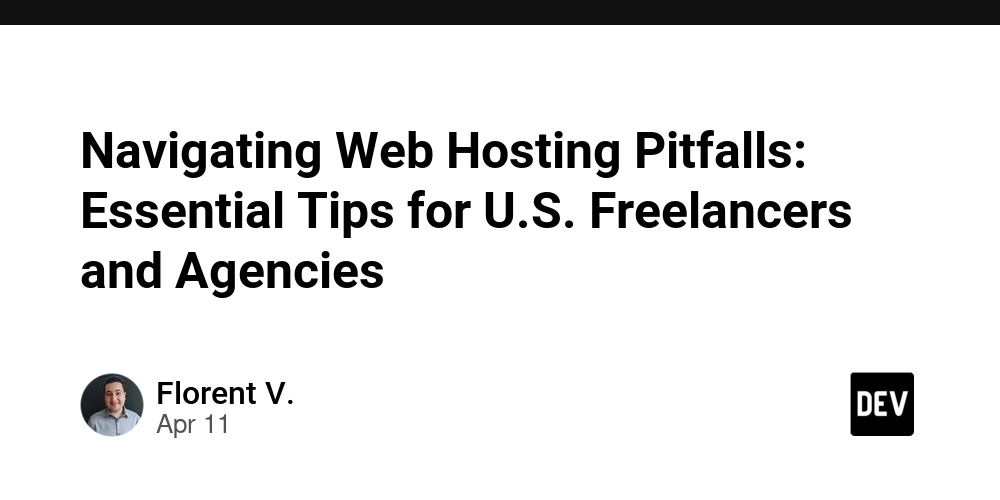
Navigating Web Hosting Pitfalls: Essential Tips for U.S. Freelancers and Agencies
Choosing the right web hosting provider can make or break your online presence. For freelancers, developers, web agencies, and eCommerce business owners, the stakes are high. A slow website can hurt your reputation, lower conversion rates, and ultimately impact your bottom line. As you embark on your hosting journey, avoiding common pitfalls can set you on a path to success. Here are essential tips to navigate the often-treacherous waters of web hosting.
Understand Your Hosting Needs
Before you dive into the world of hosting plans and providers, take a moment to assess your specific needs. Are you running a simple portfolio site or a complex eCommerce platform? Here are some key considerations:
- Traffic Volume: Estimate the number of visitors you expect. High traffic may require a more robust solution, such as VPS or dedicated hosting.
- Resource Requirements: Analyze the required bandwidth, storage, and processing power. These factors vary significantly among hosting types.
- Technical Skill Level: If you're a developer, you might prefer a hosting solution that offers more control. On the other hand, non-tech-savvy users may benefit from managed hosting services.
Avoiding Common Mistakes
Navigating the web hosting landscape is fraught with challenges. Here are some common mistakes to avoid:
1. Ignoring Performance Metrics
Performance metrics such as uptime, loading speed, and server response time are crucial. Aim for a provider that guarantees at least 99.9% uptime. Slow-loading websites can lead to higher bounce rates and lost sales. Use tools like GTmetrix or Pingdom to test your site’s speed and ensure your hosting provider meets your needs.
2. Overlooking Customer Support
Reliable customer support can be a lifesaver when issues arise. Before committing, research the support options available—live chat, email, phone support, and knowledge bases. Look for providers with 24/7 support, especially if you operate on tight deadlines or serve clients in different time zones.
3. Skipping the Fine Print
Hosting agreements often come with hidden fees or restrictions. Be sure to read the fine print regarding bandwidth limits, renewal rates, and cancellation policies. These factors can significantly impact your overall costs and flexibility down the line.
Choosing the Right Type of Hosting
Understanding the different types of hosting available is critical in making an informed decision. Here’s a quick overview of common hosting types:
- Shared Hosting: Cost-effective and beginner-friendly, but can compromise performance during peak traffic times.
- VPS Hosting: Offers more resources and control, ideal for freelancers or small agencies needing scalability. Consider exploring VPS Hosting options for enhanced performance.
- Dedicated Hosting: Provides maximum control and resources but at a higher price point. Best for large businesses with substantial traffic.
- Cloud Hosting: Offers flexibility and scalability, allowing you to pay for resources as you use them.
Security Should Be a Priority
With cyber threats on the rise, security can't be an afterthought. Choose a hosting provider that offers robust security features, such as:
- SSL Certificates: Essential for encrypting data and gaining user trust.
- Firewalls and DDoS Protection: Vital for safeguarding your site against attacks.
- Regular Backups: Ensure you have a reliable backup solution to prevent data loss.
Conclusion
Navigating the world of web hosting doesn’t have to be overwhelming. By understanding your needs, avoiding common mistakes, and choosing the right type of hosting, you can set your online business up for success. Take your time to research providers and select one that aligns with your goals and budget. Your website's performance, security, and customer support are worth the effort—after all, they directly impact your growth and success in the digital landscape.



































































![Apple to Split Enterprise and Western Europe Roles as VP Exits [Report]](https://www.iclarified.com/images/news/97032/97032/97032-640.jpg)
![Nanoleaf Announces New Pegboard Desk Dock With Dual-Sided Lighting [Video]](https://www.iclarified.com/images/news/97030/97030/97030-640.jpg)
![Apple's Foldable iPhone May Cost Between $2100 and $2300 [Rumor]](https://www.iclarified.com/images/news/97028/97028/97028-640.jpg)

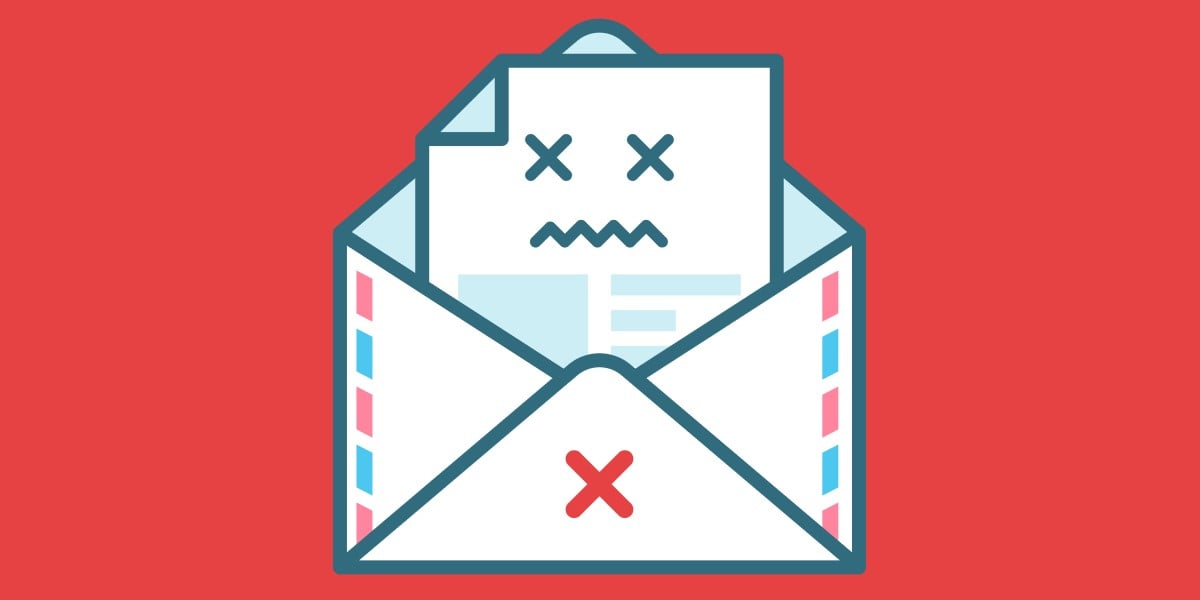

























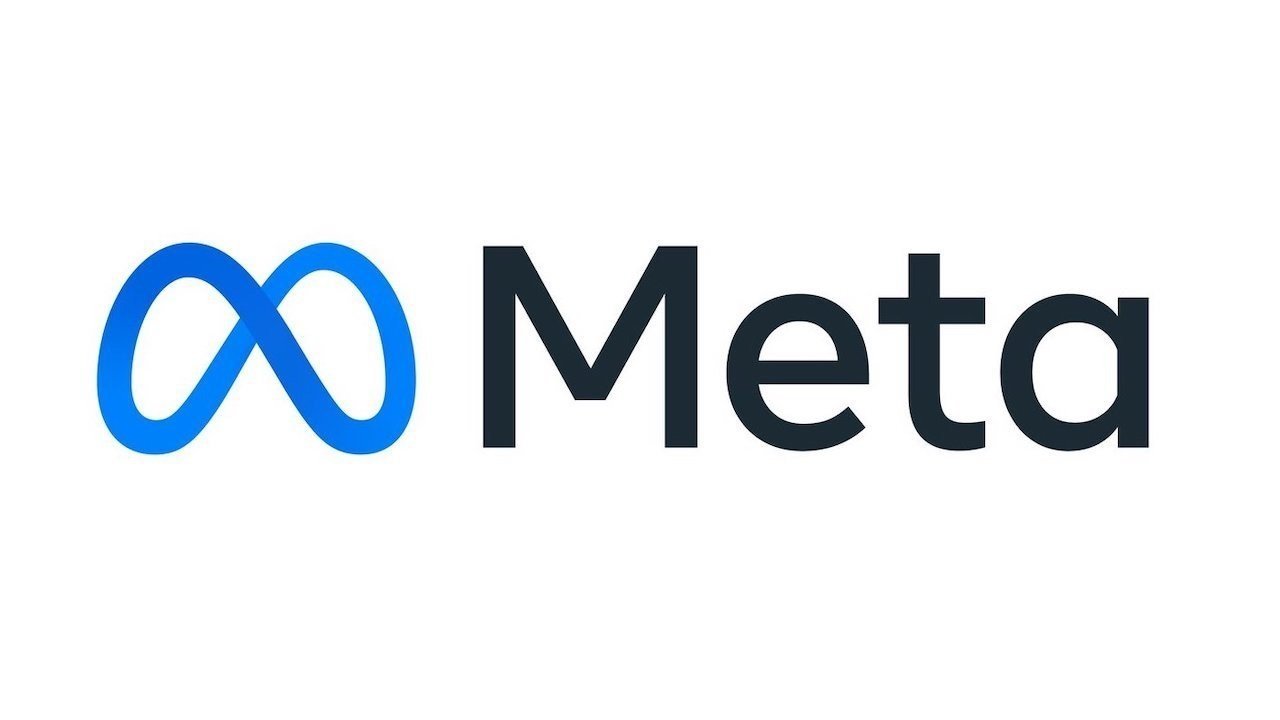


























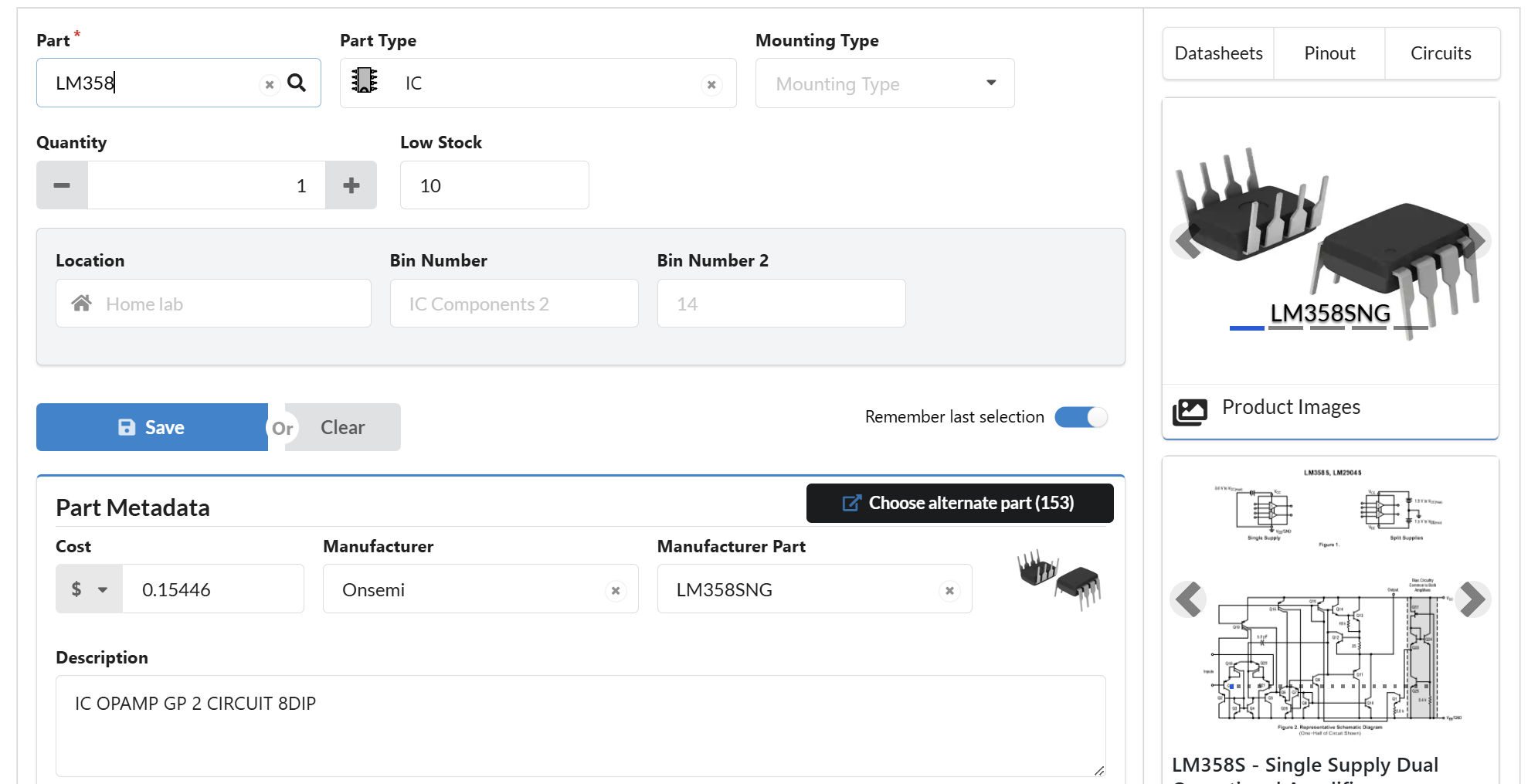

















































.webp?#)






















































































![[The AI Show Episode 144]: ChatGPT’s New Memory, Shopify CEO’s Leaked “AI First” Memo, Google Cloud Next Releases, o3 and o4-mini Coming Soon & Llama 4’s Rocky Launch](https://www.marketingaiinstitute.com/hubfs/ep%20144%20cover.png)






























































































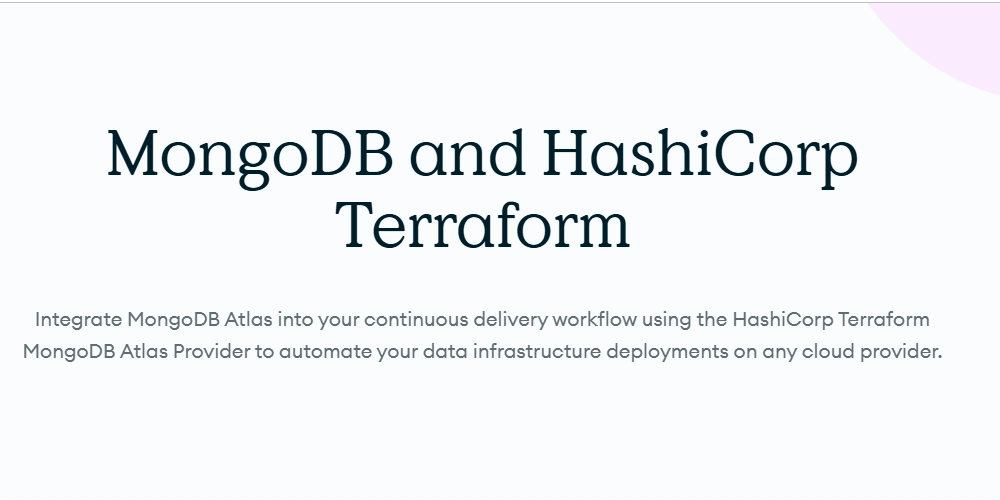



































































.png?width=1920&height=1920&fit=bounds&quality=70&format=jpg&auto=webp#)
































































